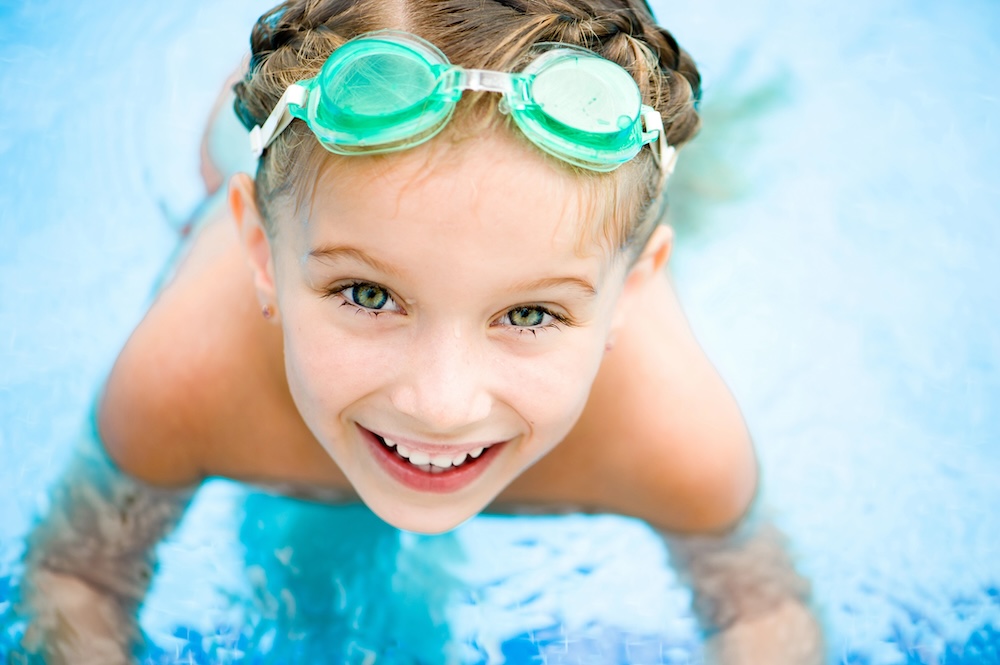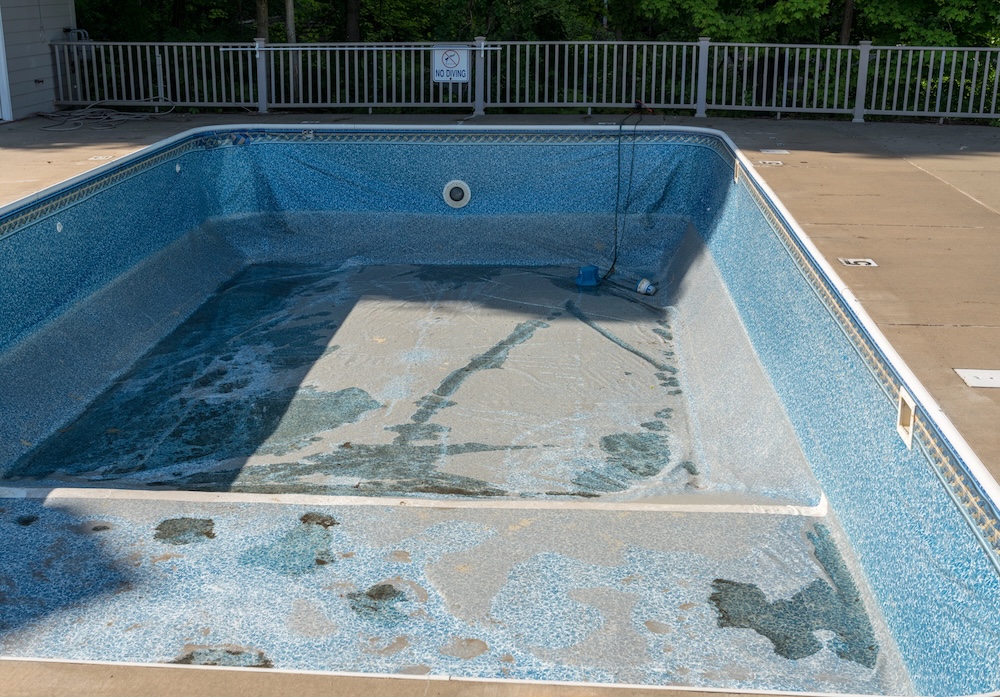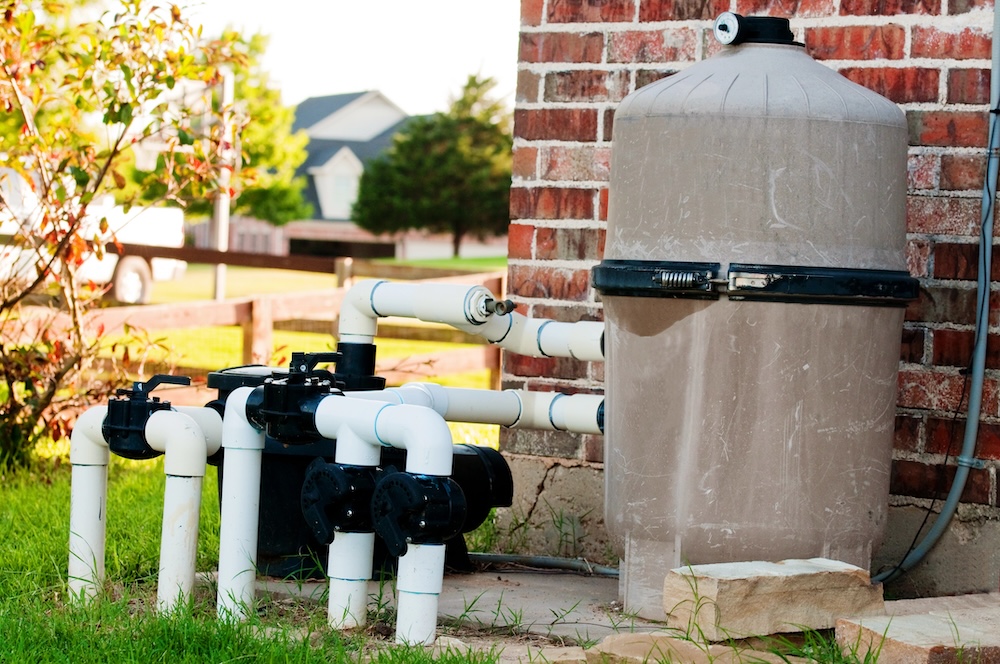
Warm Up Your Fun: A Guide to Pool Heating Options in East TN
East Tennessee summers are fantastic, but what about those cooler evenings or extending your swim season into the spring and fall? Heating your pool can significantly increase your enjoyment and the value of your backyard oasis. At East Tennessee Pools and Spa, we get a lot of questions about pool heating options. This blog post will break down the different ways to heat your pool and the important factors to consider when making your choice.
Different Pool Heating Methods:
There are several ways to heat your pool, each with its own pros and cons:
- Solar Heating: Solar pool heating systems use solar panels to collect the sun’s energy and transfer it to your pool water.
- Pros: Environmentally friendly, low operating costs (after initial investment), extends swim season.
- Cons: Dependent on sunlight, higher upfront cost, may require a larger panel area. Best suited for supplemental heating or warmer climates.
- Gas Heaters: Gas heaters (natural gas or propane) burn fuel to heat your pool water.
- Pros: Fast heating, reliable in any weather, precise temperature control.
- Cons: Higher operating costs than solar, environmental impact from burning fossil fuels.
- Heat Pumps: Heat pumps extract heat from the surrounding air and transfer it to your pool water.
- Pros: More energy-efficient than gas heaters, works well in moderate climates.
- Cons: Higher upfront cost than gas heaters, performance can be affected by very cold temperatures (less effective below a certain ambient air temperature).
- Electric Resistance Heaters: Electric resistance heaters use electricity to heat the pool water directly.
- Pros: Relatively low upfront cost, easy to install.
- Cons: High operating costs (electricity can be expensive), not suitable for larger pools due to energy demands.
Factors to Consider When Choosing a Pool Heater:
Selecting the right pool heater depends on several factors:
- Climate: East Tennessee experiences a range of temperatures. Solar heating might be great as a supplement but may not be sufficient for year-round use. Gas heaters are reliable in colder weather, while heat pumps offer a good balance of efficiency and performance in moderate climates.
- Pool Size: Larger pools require more powerful heaters. Gas heaters are often preferred for larger pools due to their higher BTU output.
- Budget: Consider both the upfront cost of the heating system and the ongoing operating costs. Solar has high upfront costs but low operating costs, while gas heaters have lower upfront costs but higher operating costs. Heat pumps offer a middle ground.
- Desired Temperature: How warm do you want your pool water? If you want it to be very warm, even in cooler weather, a more powerful heater like a gas heater might be necessary.
- Energy Efficiency: If energy efficiency is a priority, consider solar heating or a heat pump.
- Environmental Impact: Solar heating is the most environmentally friendly option, followed by heat pumps. Gas heaters have a greater environmental impact due to the burning of fossil fuels.
- Installation and Maintenance: Consider the complexity of installation and the required maintenance for each type of heater.
East Tennessee Pools and Spa: Your Pool Heating Experts
Choosing the right pool heater can be a complex decision. East Tennessee Pools and Spa is here to help! We can assess your needs, discuss your options, and recommend the best pool heating system for your East Tennessee home. We offer expert installation and maintenance services for all types of pool heaters.
Serving Knoxville, Maryville, Sevierville, and Beyond:
We proudly serve Knoxville, Maryville, Sevierville, Farragut, Oak Ridge, Lenoir City, Loudon, and the surrounding East Tennessee communities. Contact us today for a free consultation and let us help you extend your swim season and maximize your pool enjoyment! Don’t let the cool weather keep you out of the water. Call East Tennessee Pools and Spa today!


